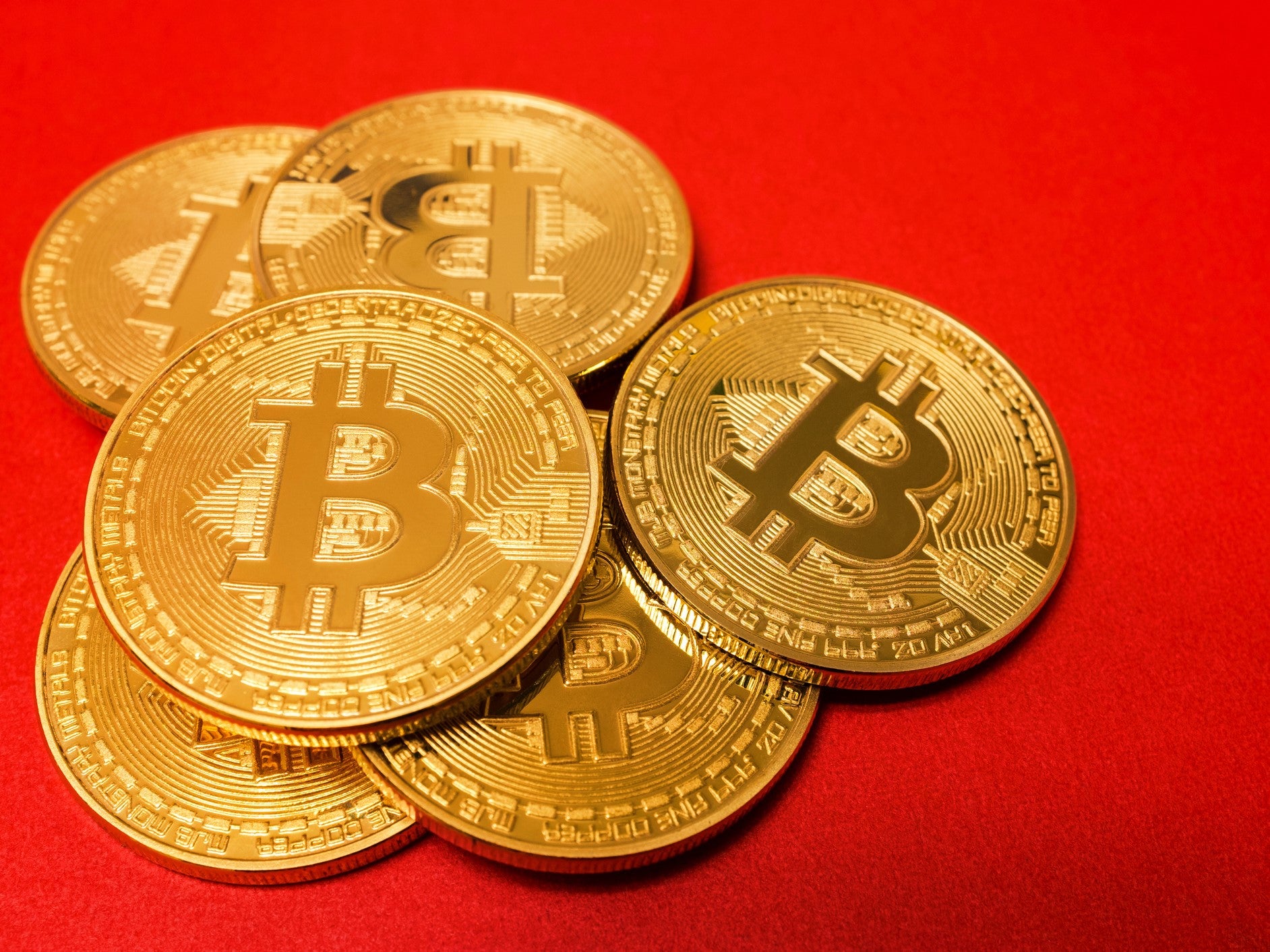Bitcoin price surge means Swedish government now owes convicted criminal £1.2 million
Prosecutor says ‘unfortunate’ ruling resulted from the unforeseen appreciation of the cryptocurrency’s value

Your support helps us to tell the story
From reproductive rights to climate change to Big Tech, The Independent is on the ground when the story is developing. Whether it's investigating the financials of Elon Musk's pro-Trump PAC or producing our latest documentary, 'The A Word', which shines a light on the American women fighting for reproductive rights, we know how important it is to parse out the facts from the messaging.
At such a critical moment in US history, we need reporters on the ground. Your donation allows us to keep sending journalists to speak to both sides of the story.
The Independent is trusted by Americans across the entire political spectrum. And unlike many other quality news outlets, we choose not to lock Americans out of our reporting and analysis with paywalls. We believe quality journalism should be available to everyone, paid for by those who can afford it.
Your support makes all the difference.The Swedish government is required to pay a convicted drug dealer 33 bitcoins – roughly 14 million krona (£1.2m) – after the cryptocurrency soared in price during his time in custody.
The offender was stripped of his proceeds when he was convicted in 2019, when the price of bitcoin was less than one tenth of today’s value.
By the time the Swedish Enforcement Authority auctioned off the cryptocurrency, only three of the 36 bitcoins seized needed to be sold to pay the debt.
“The lesson to be learned from this is to keep the value in bitcoin, that the profit from the crime should be 36 bitcoins, regardless of what value bitcoin has at the time,” prosecutor Tove Kullberg reportedly told Swedish Radio.
“It has led to consequences I was not able to foresee at the time.”
Bitcoin and other cryptocurrencies have become popular among some criminals due to their semi-anonymous nature that make them difficult to track. One of the earliest use cases for bitcoin was as an online currency among users of the dark web drug market Silk Road, while cyber criminals and hackers typically demand cryptocurrency when carrying out ransomware attacks.
A 2019 study estimated that 46 per cent of all bitcoin transactions between 2009 and 2017 were for illegal activity, however there has since been a major rise in mainstream applications that have increased the number of legitimate transactions.
Cryptocurrency-fuelled crimes have become so widespread that the US government recently hired a cryptocurrency firm called Anchorage Digital to safeguard its seized crypto.
“I think we should probably invest in an internal education in the [prosecution] authority, as cryptocurrency will be a factor we’ll be dealing with to a much greater extent than we are today,” prosecutor Tove Kullberg reportedly told Swedish Radio.
“The more we increase the level of knowledge within the organisation, the fewer mistakes we will make.”



Join our commenting forum
Join thought-provoking conversations, follow other Independent readers and see their replies
Comments